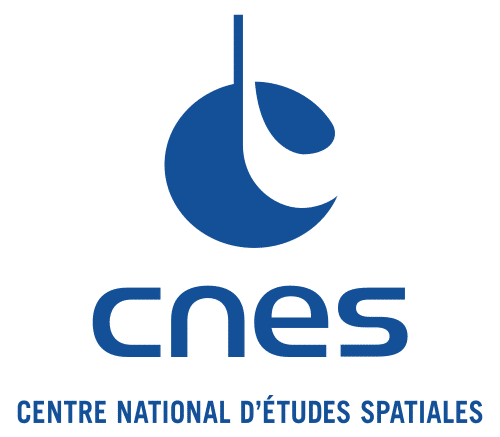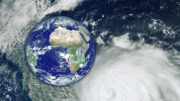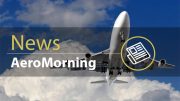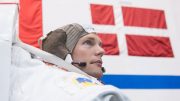The CADMOS centre for the development of microgravity applications and space operations at CNES’s Toulouse Space Centre (CST) prepared and monitored the seven experiments that the agency conceived for Thomas Pesquet’s Proxima mission, his first aboard the International Space Station (ISS), to which 35 engineers contributed. This mission was a great success for the CNES team, confirming the expertise, technical know-how and passion driving the French space sector. For the Alpha mission, his second six-month stay on the ISS scheduled for this spring, Thomas Pesquet will be pursuing work on some of the experiments begun on Proxima, among them FLUIDICS, ECHO, EveryWear and PERSPECTIVES.
As part of CNES’s contribution to the mission for France, CADMOS is preparing 12 science experiments that Thomas will be conducting during the Alpha mission. Some of these will help to advance knowledge in materials science, notably acoustic ‘tweezers’ capable of holding or moving particles without touching them, and in life sciences to study cerebral ageing. Others are designed to ready and validate future technologies for deep-space exploration in the fields of nutrition or to measure radiation with a fibre-optic dosimeter. Several educational experiments are also planned from the winners of the Generation ISS student competition organized in partnership with the Ministry for Higher Education, Research and Innovation, and for schools to observe the behaviour of an unusual single-cell organism or “blob”, capable of moving and showing a certain form of intelligence.
CADMOS delivered the instruments for its first three Alpha mission experiments early last November. They will fly to the ISS on 20 February aboard the Cygnus cargo spacecraft to be sent into orbit by an NG-15 launcher from NASA’s Wallops Flight Facility (WFF) in Virginia, U.S.A. The experiments are:
– Dreams: a technology demonstrator designed to validate a sleep headband as a tool for studying sleep patterns on long-duration missions, and more specifically the impact of confinement and weightlessness.
– Renewable Foam: a packing material for carry bags designed to replace traditional petroleum-based foams, which are bulky and of no further use once aboard the ISS. To illustrate the benefits of a reusable material that can be composted or used in a 3D printer for example, this recyclable bag will be carrying the Dreams experiment and protecting it during the ascent phase of the flight until reaching the station, notably to shield it from vibrations.
– Pilote: a neuroscience experiment using virtual reality combined with a haptic device able to reproduce the sense of touch to test new approaches for tele-operations and robotic tasks.
Source : CNES









Be the first to comment on "CADMOS actively preparing Thomas Pesquet’s alpha mission"